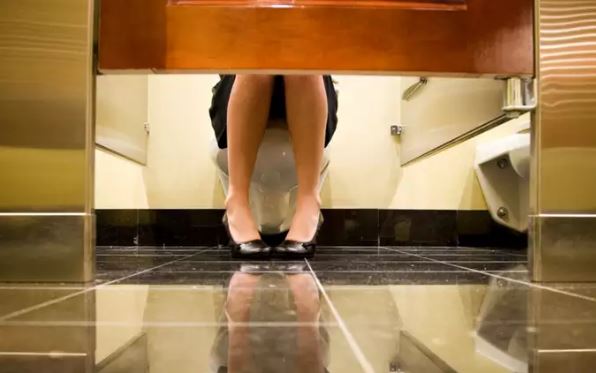
Do you often dread using public restrooms? You are not alone.
For millions, using public washroom is not in the option. It’s a place where peeing seems physically impossible.
These people, mostly men, suffer from a social anxiety syndrome, also called bashful bladder syndrome (BBS), shy bladder or bladder shyness.
Nearly, 20 million people suffer from BBS in the United States alone. The disorder can range from mild to severe.
What is a shy bladder syndrome?
Anxiety can cause muscle tension, which makes it difficult to relax the muscles. And in order to urinate, you need to relax a set of sphincter muscles. When you are toilet trained as a kid, you learn to keep these muscles in a tense state unless you wanted to urinate.
The self-conscious feelings get evoked in some people when others are present in the washroom. This interferes with their ability to relax the sphincters.
People who suffer from shy bladder syndrome, they have difficulty in urinating when there is someone else at the next urinal or in the next stall. For men, heading to a stall rather than a urinal is what is recommended in case of mild BBS.
However, if someone has a more severe form of BBS, you have to be all alone to be able to successfully use the bathroom. In rare cases, ceratin odours, sounds and other distractions may also cause problems. People seek psychotherapy or hypnosis to help them solve the issue.
Shy bladder syndrome triggers
1. The less you know the people in the washroom, the more uncomfortable you feel.
2. How close the other people in the washroom are? Can they see you? Can they hear you? You might feel like you are in a performance where everyone is watching you, listening to you or judging you.
3. Feeling anxious, scared or upset about something else, including feeling pressurised to finish quickly.
Treatment
BBS is easily treatable. Talk to your physician if you face a problem using a public washroom. Studies have also suggested cognitive behavioural therapy can help improve the symptoms in four out of five BBS sufferers. Relaxation techniques are often used in conjunction with this approach.



